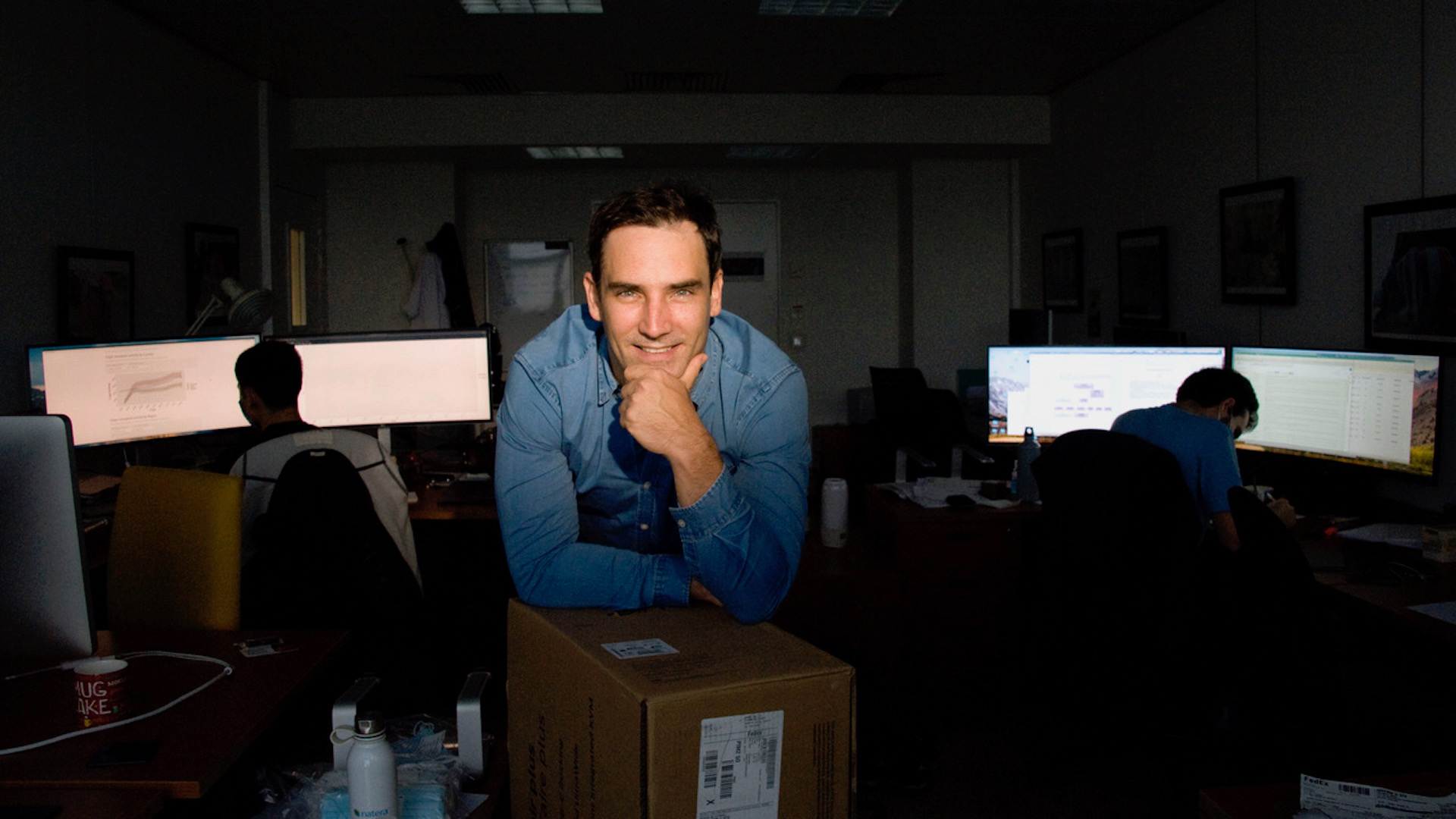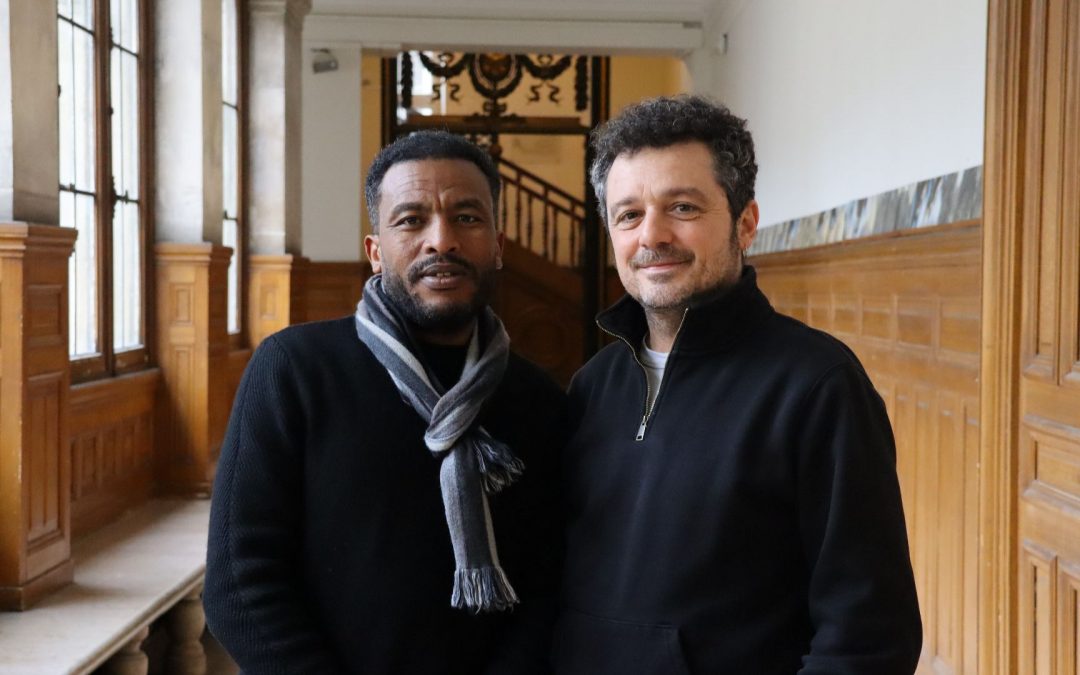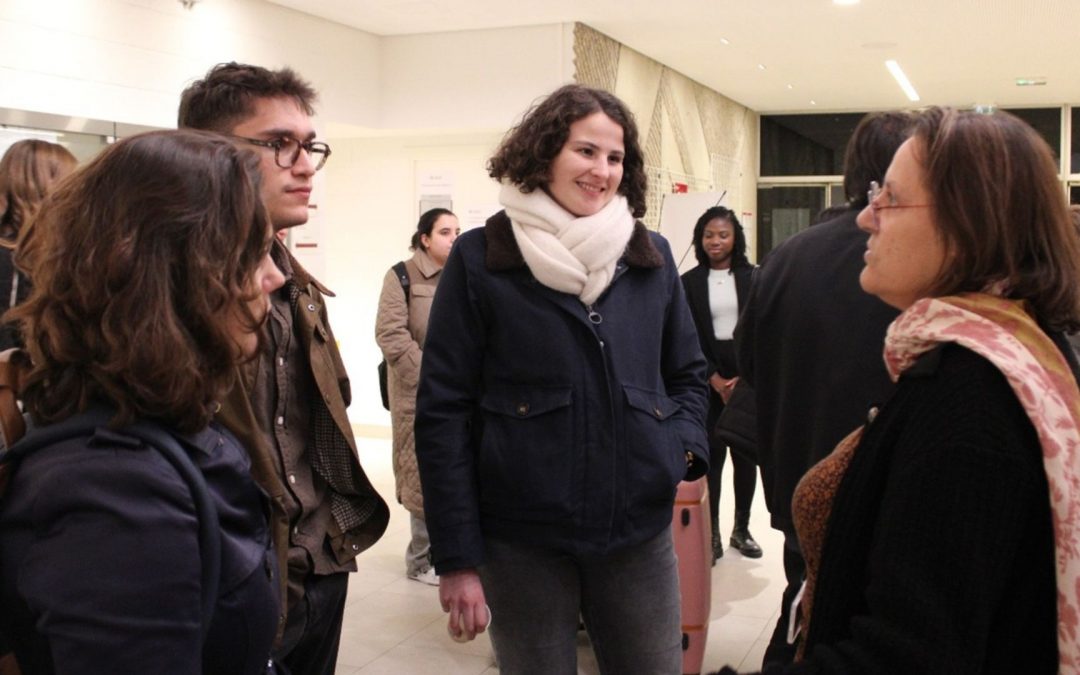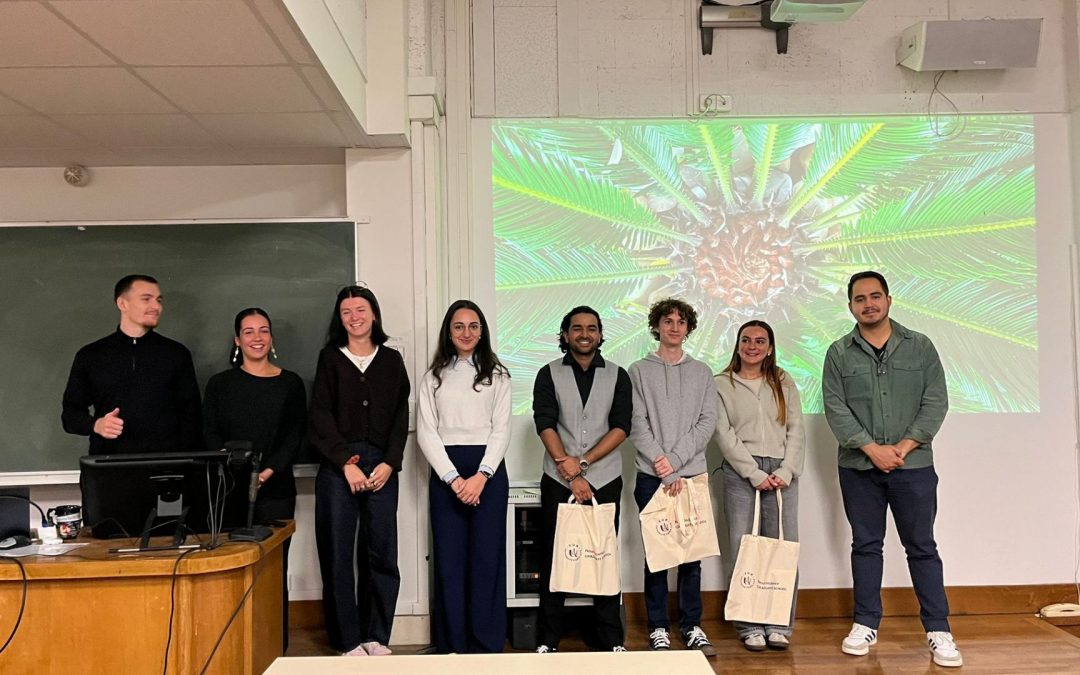Professor Alexandre Loupy, specialist in multi-organ transplantation, is awarded a European Consolidator Grant by the European Research Council for excellent frontier research. On November 23, 2023, the European Research Council published the results of its call for Consolidator Grant (CoG) projects. Prof. Alexandre Loupy, a nephrologist specialising in multi-organ transplantation, is one of the 23 French recipents selected in this highly competitive European call for projects. The Consolidator Grant is in recognition of Professor A. Loupy’s internationally acclaimed medical and scientific career, who for almost 15 years has devoted his research to transplant-related issues. In particular related to graft rejection, precision medicine and the prediction of risk of graft loss and death, as well as the optimisation of graft allocation.

Professor Alexandre Loupy
Alexandre Loupy, is a nephrologist with two doctoral theses in basic science and epidemiology/biostatistics. He is a professor at Université Paris Cité and currently Director of the Paris Transplant Group within PARCC (Université Paris Cité – Inserm) as well as at the Paris Institute for Transplantation and Organ Regeneration (PITOR) at Université Paris Cité. Through the new PITOR Institute, which he has been directing since 2022, he is expanding the scope of his work by promoting interconnections between experts from several research units with diverse skills, including physicians, epidemiologists, statisticians, mathematicians, engineers and bioinformaticians, to improve the care of transplant patients.
His innovative multidisciplinary approach has led him and his team to develop and validate the Integrative Box System (iBox). The iBox is a digital biomarker for predicting graft survival and the efficacy of immunosuppressive treatments at an early stage of transplantation. This AI-based tool, encapsulated in a medical decision support software solution, not only improves the management of kidney transplant patients, but also facilitates the coordination of outpatient and inpatient care. The iBox, a result of close collaboration between AP-HP, Inserm and Université Paris Cité, is supported by all the international learned societies and widely distributed in Europe and the United States, with over 44 participating centers among the most prestigious universities and more than 35,000 patients on 4 continents.
The funding granted by the European Research Council, as part of the Consolidator Grant call for projects, will focus on:
- a simple blood test to quantify circulating donor DNA thus avoiding graft biopsies and reducing invasive procedures for patients, while optimising the detection of organ rejection.
- developing tools based on innovative artificial intelligence technologies, for precision diagnosis of organ rejection and optimization of treatment.
- using innovative approaches in xenotransplantation, by transferring the expertise acquired in humans with the first xenografts of genetically modified pig kidneys into human recipients.
The team’s work and innovative tools will be tested at the Paris Cardiovascular Research Center (PARCC), where the team is based, on the Precision Pathology for Transplantation platform. The platform specialises in the processing of biological samples of all types (blood, plasma, serum, tissue) and is equipped with the innovative technologies and diagnostic platforms to implement the study’s objectives.
Contact press : presse@u-paris.fr
Read more

International Day of Women and Girls in Science: celebrating the women who push research forward
February 11 was the International Day of Women and Girls in Science. On this day, Université Paris Cité reaffirms its commitment to the equality between men and women and celebrates the journey of the women who advance research. Between celebrating our heritage and...
read more
Abraha and Pierre: A Friendship to Preserve the People’s Memory of War
In Paris, two historians’ paths crossed. One had just arrived from Ethiopia, carrying notebooks filled with daily observations written during the war in Tigray. The other, based in France, is a specialist of Ethiopian modern history. From this encounter, a partnership...
read more
“Open UE”: looking back on an interdisciplinary adventure organised by the Cardiovascular Sciences Graduate School
The “open UE”, launched by the Graduate School Cardiovascular Sciences, brought together researchers, clinicians, and experts from diverse fields for a week to explore major issues in biomedical and translational research. Open to all students across the 29 Graduate Schools of Université Paris Cité, it offered a unique space for learning and interdisciplinary exchange.
read more
Scientific event: the Neuroscience Graduate School highlights its young researchers
The Neuroscience Graduate School held the third edition of its scientific event, giving students from across the Graduate School the opportunity to present their research work. This now-established meeting has become a key moment for bringing together Master’s...
read more